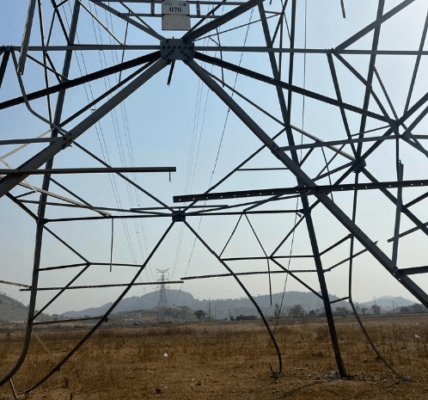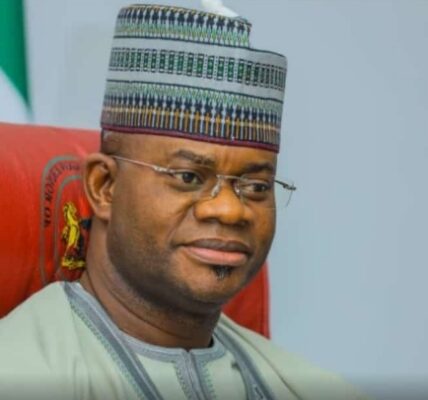President Tinubu’s Tax Reform Bills Tops Agenda as National Assembly Resumes
This post has already been read 2264 times!
The National Assembly’s resumption has been met with intense focus on President Bola Ahmed Tinubu’s tax reform bills, which have been a subject of controversy in recent times.
The bills, aimed at reforming Nigeria’s tax system, have been criticized by various stakeholders who argue that they will lead to increased financial burdens on citizens and businesses.
According to Senate Leader Opeyemi Bamidele, the consideration of the tax reform bills is one of the top agenda items for the National Assembly in 2025.
However, the bills have been met with resistance from various quarters, with many arguing that they are not in the best interest of Nigerians.
One of the major controversies surrounding the tax reform bills is the potential increase in taxes on certain goods and services.
Many have argued that this will lead to higher prices and reduced purchasing power for citizens, who are already struggling to make ends meet.
Furthermore, there are concerns that the tax reform bills will disproportionately affect small and medium-sized enterprises (SMEs), which are already struggling to stay afloat in Nigeria’s challenging business environment.
Many have argued that the bills will lead to increased compliance costs and reduced competitiveness for SMEs.
Despite the controversy surrounding the tax reform bills, President Tinubu’s administration has argued that they are necessary to increase revenue and reduce Nigeria’s reliance on oil exports.
However, many have questioned the timing and implementation of the bills, arguing that they will have far-reaching consequences for the Nigerian economy.
As the National Assembly resumes, it remains to be seen how the tax reform bills will fare.
Certainly, the controversy surrounding the bills will continue to be a major talking point in Nigerian politics and economy in the coming days if not weeks.







